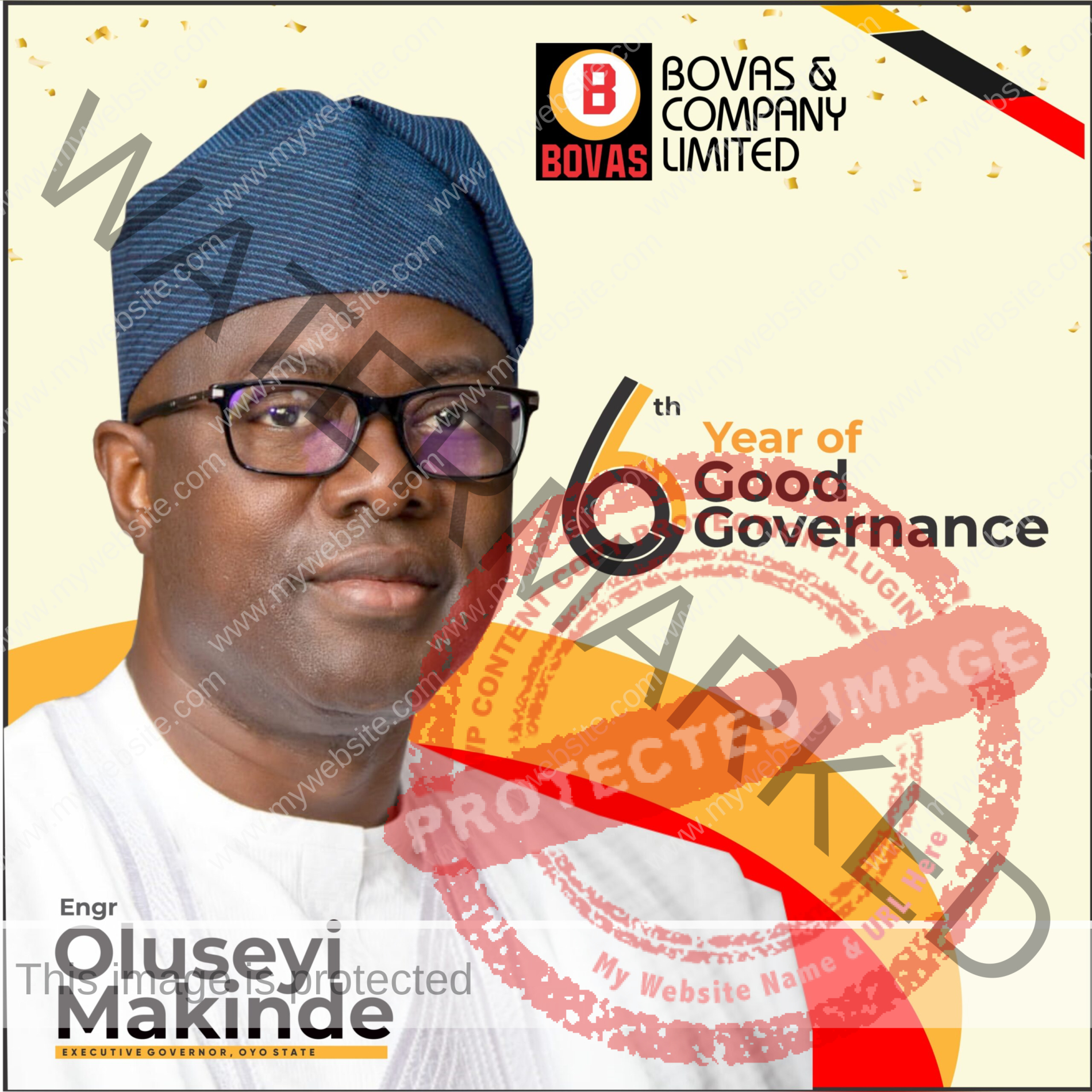

Former Minister of Information and Culture, Lai Mohammed, has revealed that Nigeria engaged international media outlets to counter claims that the 2023 presidential election was rigged. According to Mohammed, the exercise saw him travel to the United States and the United Kingdom to engage directly with key international media organizations and influential think tanks.
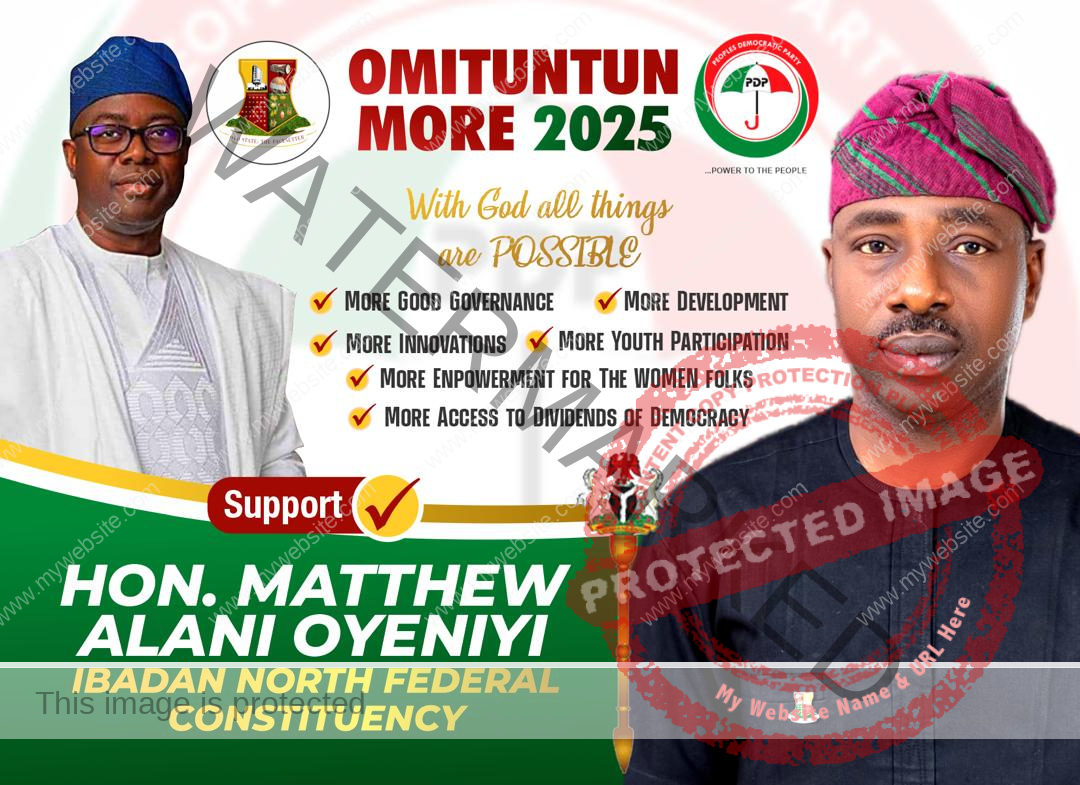
During a summit in Abuja, Mohammed stated that allegations of rigging had surfaced, largely centered around the delay in uploading results to the IReV portal. However, he emphasized that the portal plays no role in the official collation of election results. “I led my team to the United Kingdom and the United States to engage directly with key international media organisations and influential think tanks,” Mohammed said.
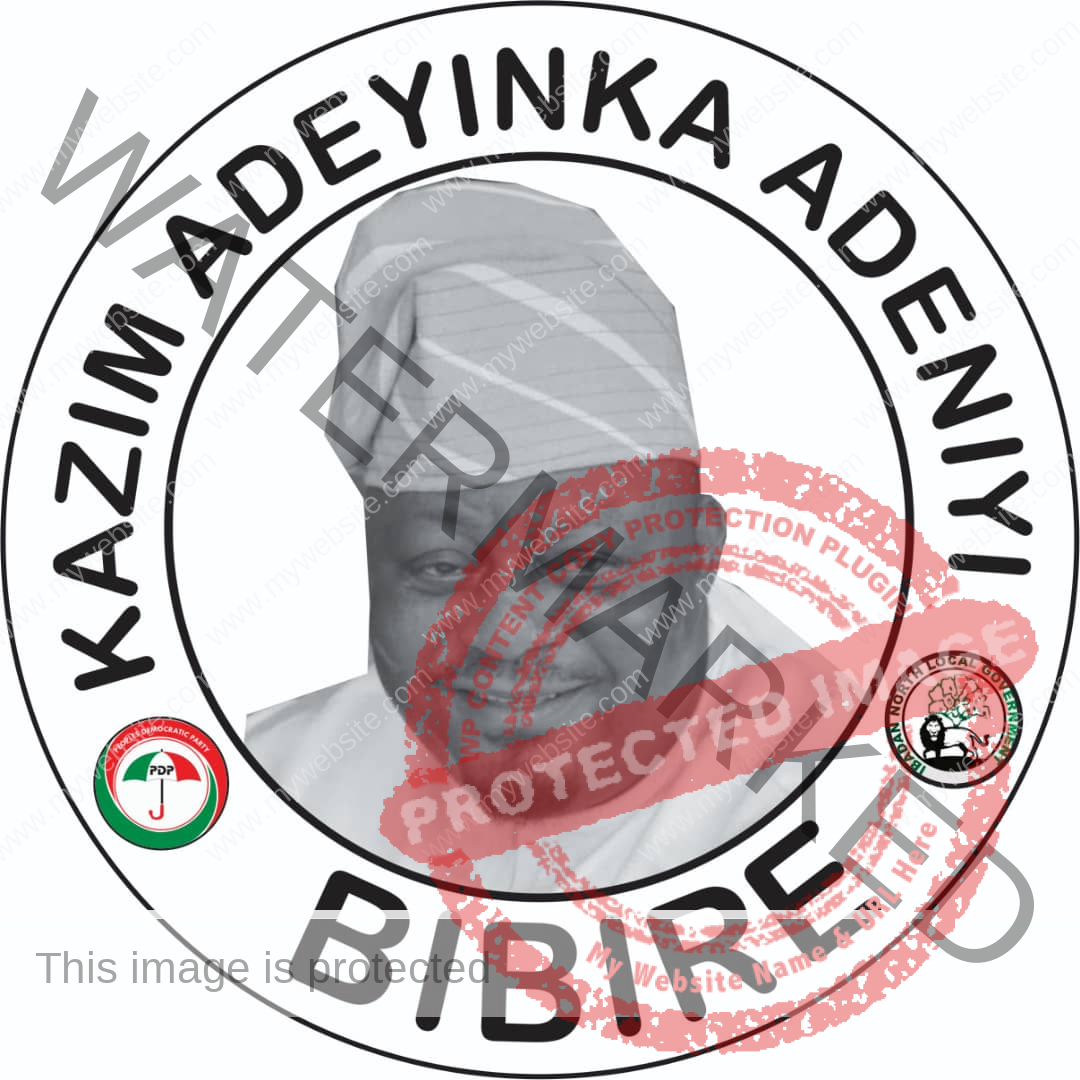
The former minister disclosed that his team met with journalists and representatives from prominent media outlets, including Voice of America, The Washington Post, Foreign Policy Magazine, Associated Press, BBC, The Economist, Reuters, Bloomberg, Politico, Hudson Institute, U.S. Institute of Peace, Atlantic Council, and Chatham House, among others.
Mohammed explained that many of these organizations were not aware of portions of the Nigerian Constitution, which his team had to explain to enlighten them on what it takes to win a presidential election in the country. “We explained that under Chapter 6, Section 134 of the Constitution, a candidate must not only win the majority of votes but also secure at least 25 per cent of the votes in no fewer than two-thirds of the 36 states and the Federal Capital Territory,” he added.
The team presented a breakdown of the election results, showing that the APC candidate won the highest number of votes and secured 25 per cent of the vote in 29 states, well above the constitutional threshold. In contrast, the PDP candidate met the 25 per cent threshold in only 21 states, while the LP candidate achieved it in just 15 states.
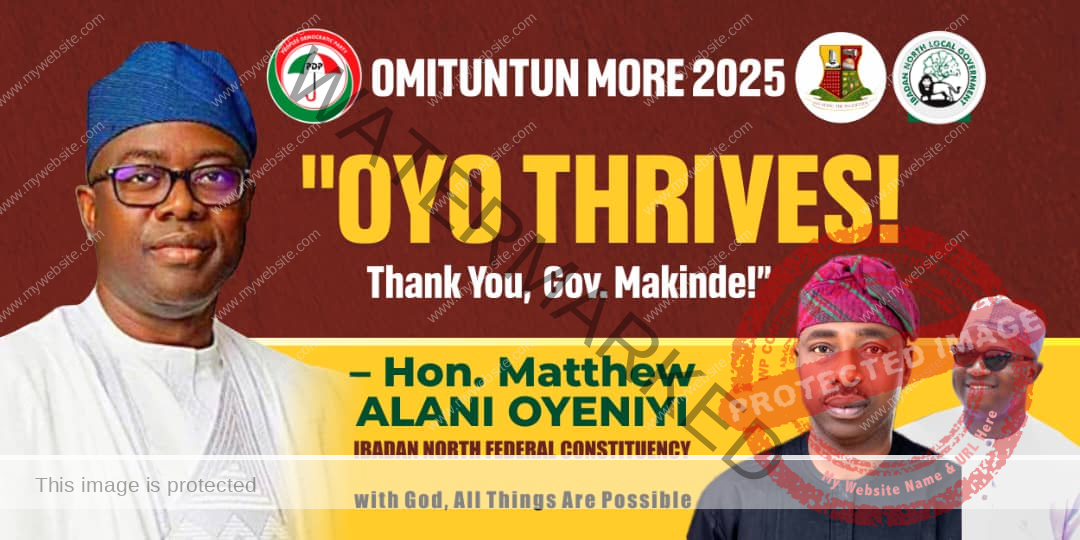
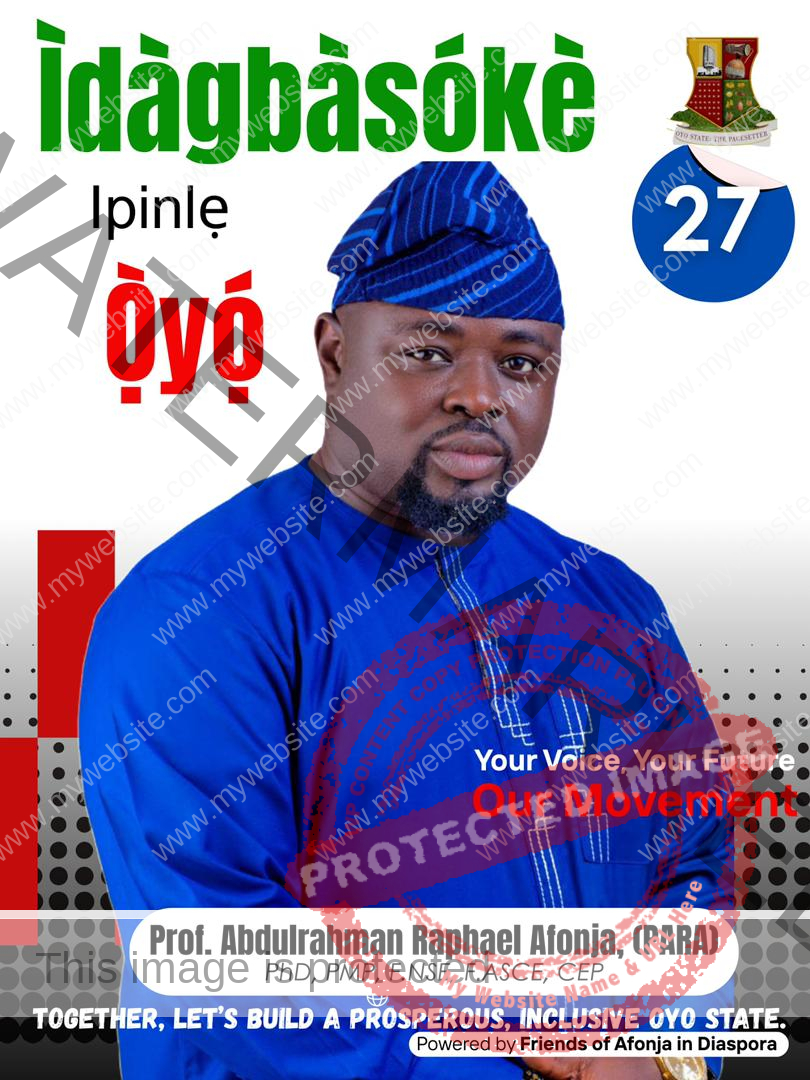
To further dispel the allegations of rigging, Mohammed’s team laid out compelling evidence, including the fact that the APC lost in key states with a high number of registered voters, such as Lagos, Kaduna, Kano, and Katsina, despite having APC governors.
The international media engagement was a key aspect of the government’s strategy to address concerns about the election. By presenting irrefutable facts and evidence, the government aimed to dispel allegations of rigging and demonstrate its commitment to transparency and accountability.
The constitutional requirements for winning a presidential election in Nigeria are clear. A candidate must secure at least 25% of votes in two-thirds of the 36 states and the Federal Capital Territory to win the election. The APC candidate’s victory was based on meeting these requirements, with 25% of the vote in 29 states.
The evidence presented by the government demonstrates that the APC candidate’s victory was not due to rigging. The party lost in key states with high numbers of registered voters, despite having APC governors. This suggests that the election was free and fair, and the outcome reflects the will of the people.
The government’s efforts to engage with the international community and provide transparency on the electoral process are commendable. By doing so, they have demonstrated their commitment to accountability and transparency in governance.
In conclusion, the government’s engagement with foreign media outlets has helped to clarify the electoral process and dispel allegations of rigging. The evidence presented demonstrates that the APC candidate’s victory was based on meeting the constitutional requirements, and the election was free and fair.
The engagement of international media outlets by the Nigerian government highlights the significance of international perception in electoral processes. By presenting irrefutable facts and evidence, the government aimed to dispel allegations of rigging and demonstrate its commitment to transparency and accountability.













